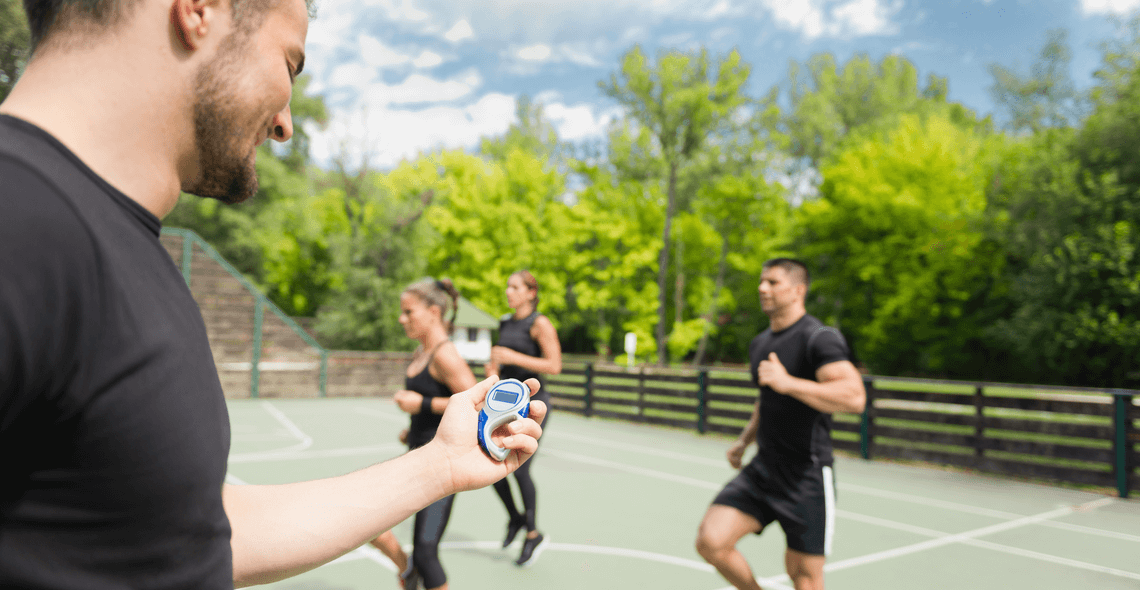Training for Sport Certification

Training For Sport
There is a multitude of benefits that comes with exercising. This is why there’s been an increased interest in getting and keeping fit over recent years, and there continues to be an upward trend in exercising. Fitness instructors, therefore, are inherently valuable and it’s important for them to have extensive knowledge on a variety of different methods and techniques. This includes training for sport.
The purpose of this course is to help to educate Fitness Instructors and Trainers on the methods in which they can help their clients train for a sport.
This includes information on how best to prepare themselves for taking up, or focusing on, a particular sport, and nutritional strategies that can benefit their athletic performance along with their overall health. There is information on various elements of physical conditioning – which is vital for an instructor to understand – including power, strength, balance, agility and flexibility along with generalised benefits for anyone thinking about taking up a sport.
What You Will Learn:
- The importance of goal setting, and the SMART approach
- The benefits of physical conditioning and specific focuses on strength, endurance, balance and flexibility
- To understand the importance of nutrition on sports performance, hypertrophy and weight management
- The overall benefits of training for a sport
Explore our full library of training courses.


4 hrs
 Yes
Yes  All major devices and browsers
All major devices and browsers 






